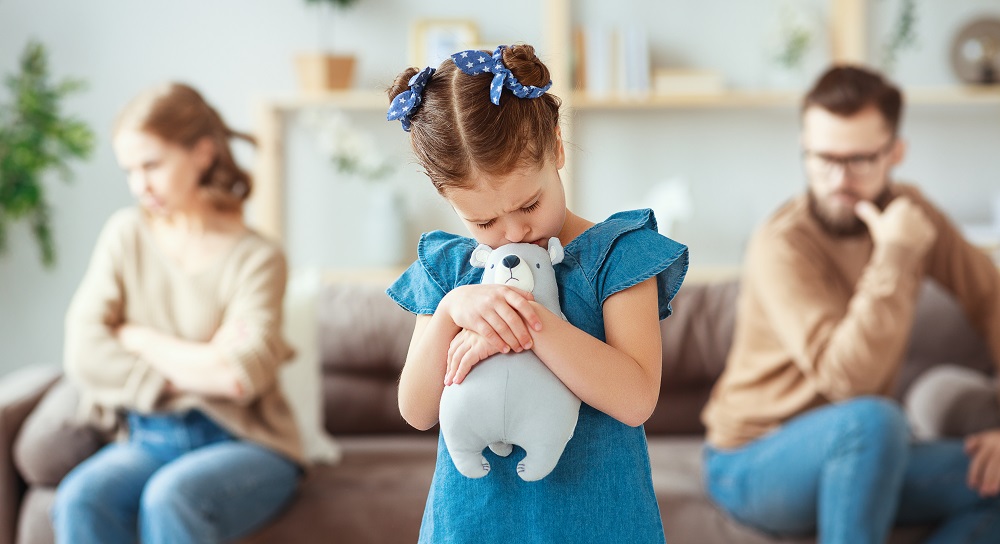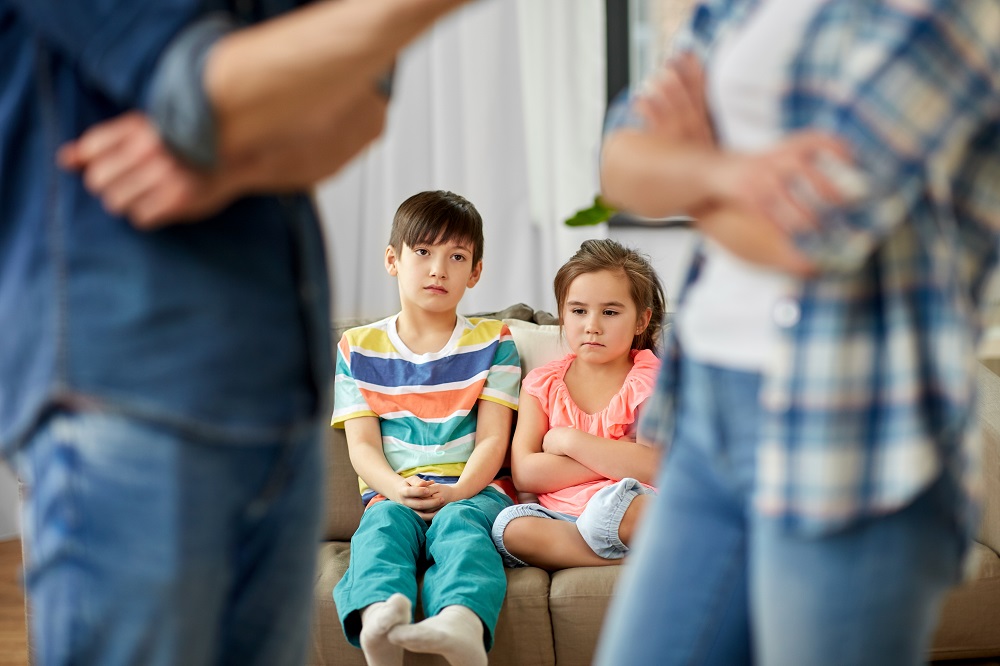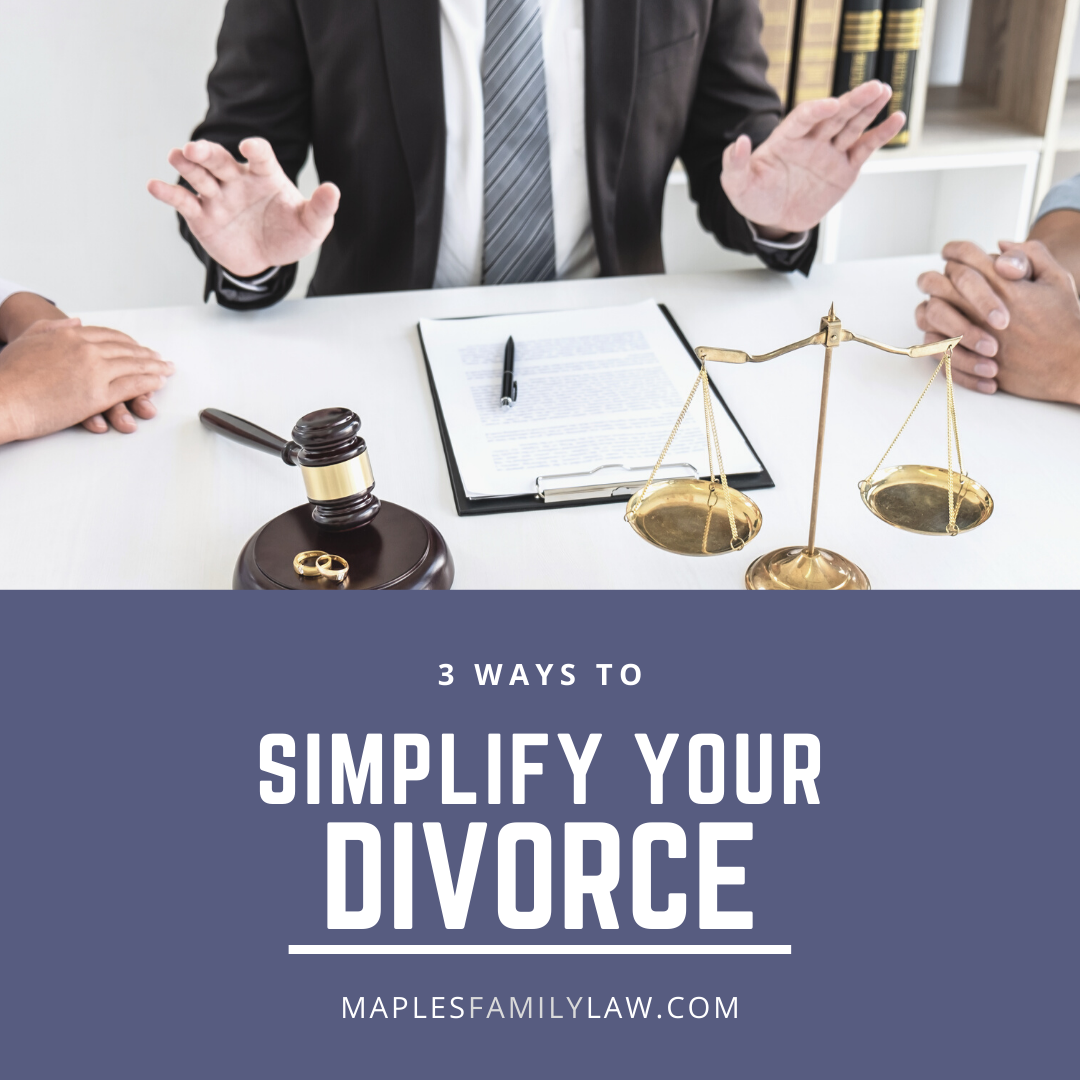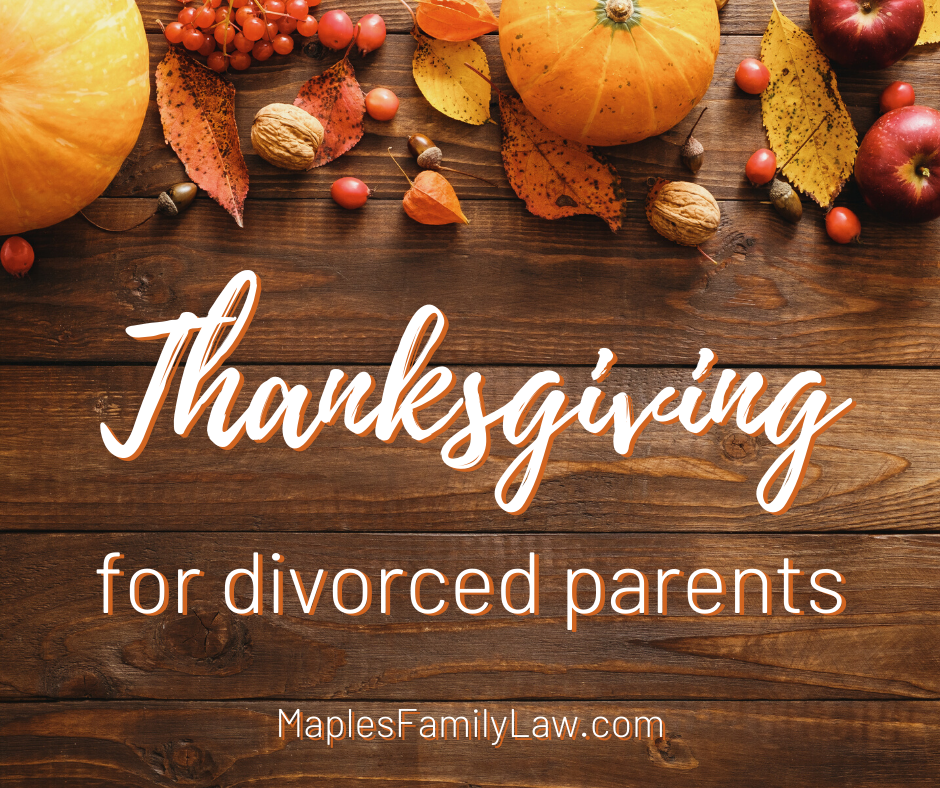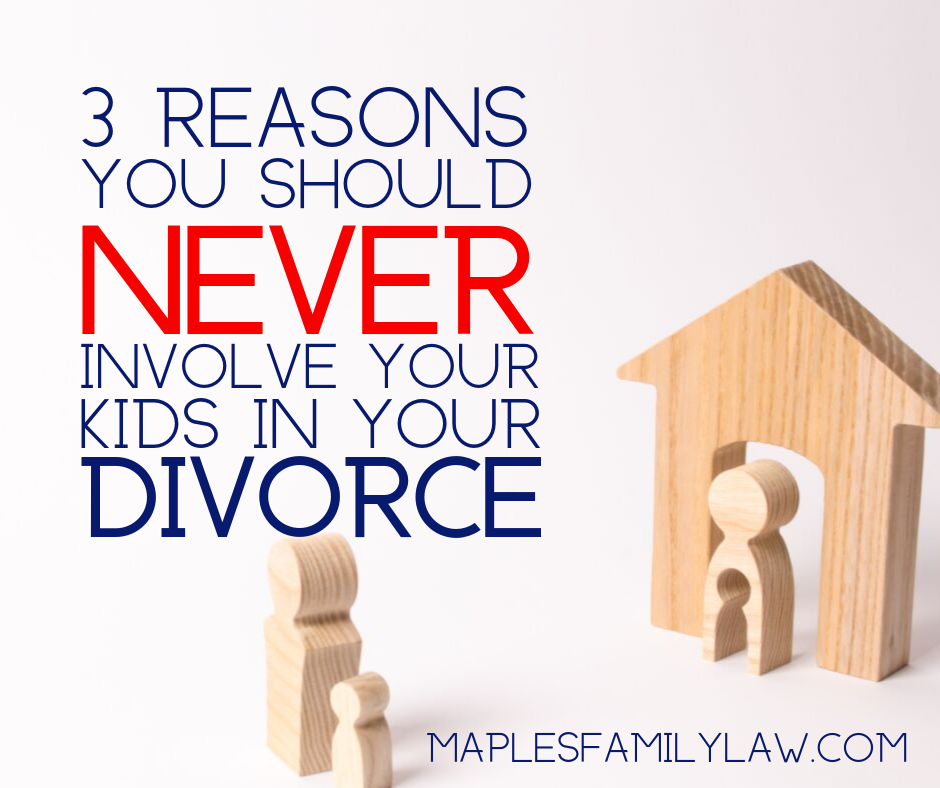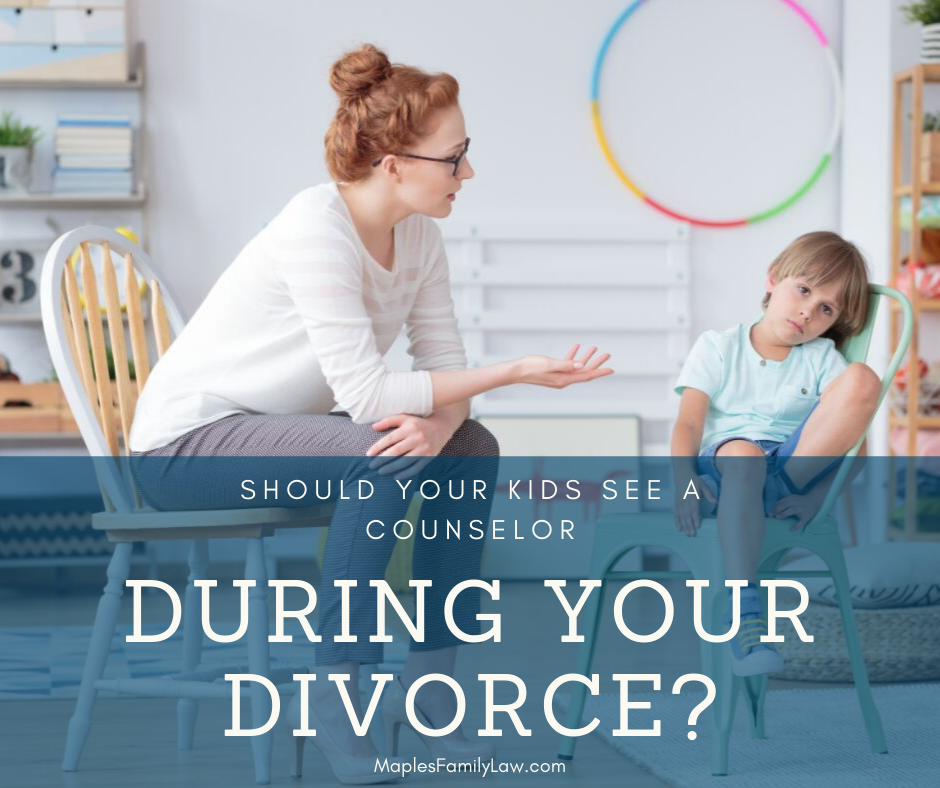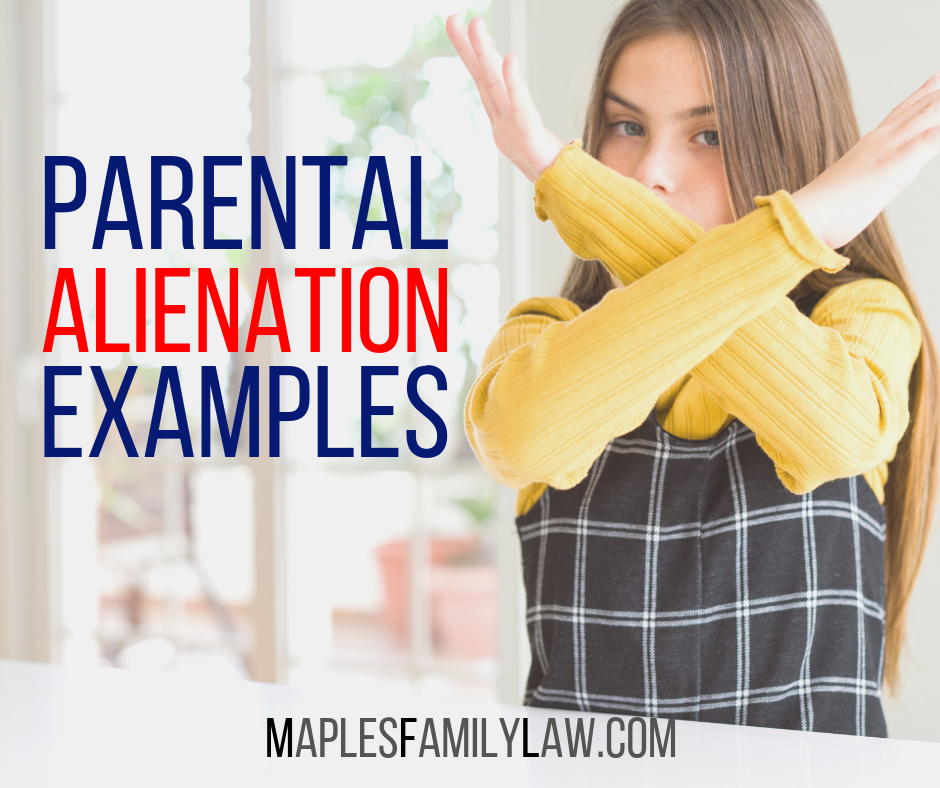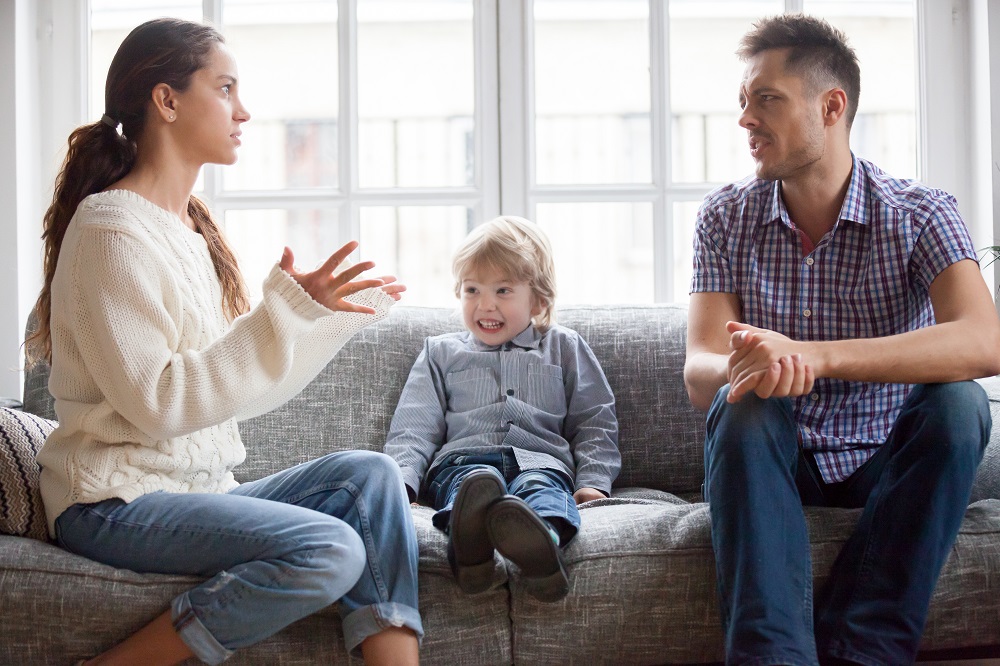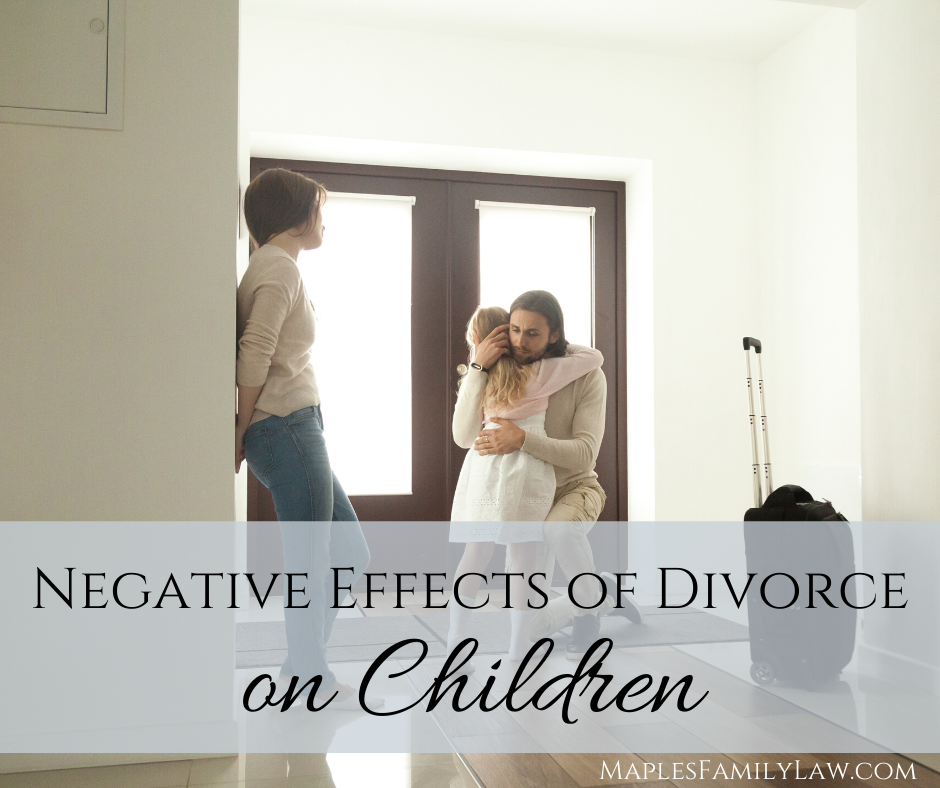
Negative Effects of Divorce on Children: What You Need…
Are there negative effects of divorce on children? What about when they’re very young – like toddlers – or teens? Are there different effects across different age groups? Here’s what you need to know.
Negative Effects of Divorce on Children: What You Need to Know
While no two people will deal with divorce in exactly the same way, we can all agree that there can be some negative effects of divorce on children. However, the effects are nearly always temporary – and in many cases, the positive outcome of a divorce can far outweigh temporary negative effects.
The bottom line is that parental conflict before, during and after a divorce has negative effects on kids. Removing the source of that conflict can have tremendous benefits. It’s also important to remember that children learn how to engage in relationships from their parents, and if you and your spouse can’t stand to be in the same room together without fighting, that’s what your kids are going to absorb.
Related: Divorce with kids
Getting Through the First Year After Divorce
Research has found that the first year after a divorce is the most difficult. However, once your children get back into their daily routines – which can take a significant amount of time – you’ll see that they’re improving. The negative effects they may have experienced might start to fade away.
If you know your children are struggling (or even if they seem to be handling things just fine) it’s a good idea to schedule some time with a counselor or therapist who can help.
Common Negative Effects of Divorce on Kids
Children in different age groups may experience different effects. For example:
- Young kids may struggle to understand why they have to go back and forth between two homes. These children might also wrongly deduce that if parents can stop loving each other, they can stop loving kids, too.
- Grade-school kids sometimes worry that divorce is their fault. They often connect the dots back to themselves, thinking that they misbehaved so their parents divorced.
- Teens can become angry or moody at the changes divorce brings. Sometimes they blame one parent for the divorce, or they might resent both of you for family upheaval.
One of the biggest negative effects a divorce has, though, is that it diminishes daily contact with one parent. Kids feel changes in a big way, so if they’re suddenly seeing one parent more than the other, they can have a tough time dealing with the loss of time. Other things that can stress kids out during divorce include changing schools, moving into a new house, living with a now-single parent who’s stressed, and financial changes.
Kids are typically able to cope with all these issues, but it does take time. And in many cases, external support – like talking to a therapist – is tremendously helpful for everyone involved.
Tips to Reduce the Negative Effects of Divorce on Children
Most experts agree that the best thing you can do for your children is to reassure them that you both love them (and that will never change) – and to let them know that you’re always there for them, whether they want to talk, cry or ask questions.
Use these eight tips to help minimize the negative effects your children experience:
- Use consistent discipline in both households.
- Don’t put your children in the middle of parental disputes or conflict.
- Try to co-parent peacefully
- Help your child feel safe and secure
- Maintain a healthy relationship with your child
- Keep a close eye on your kids and their emotional states
- Teach your children coping skills (a therapist can help you with this)
- Empower your child
Related: 13 co-parenting rules to live by
Do You Need to Talk to an Attorney About Divorcing With Children?
There are some negative effects of divorce on children, but they’re usually temporary – and in many cases, they’re far outweighed by the positive effects divorce can bring.
If you need to talk to an attorney about divorcing with kids, we’re here to help. Call us at (209) 395-1605 to schedule your consultation today. We can answer your questions about all kinds of divorce issues, ranging from child custody and child support to spousal support and basic divorce information.
